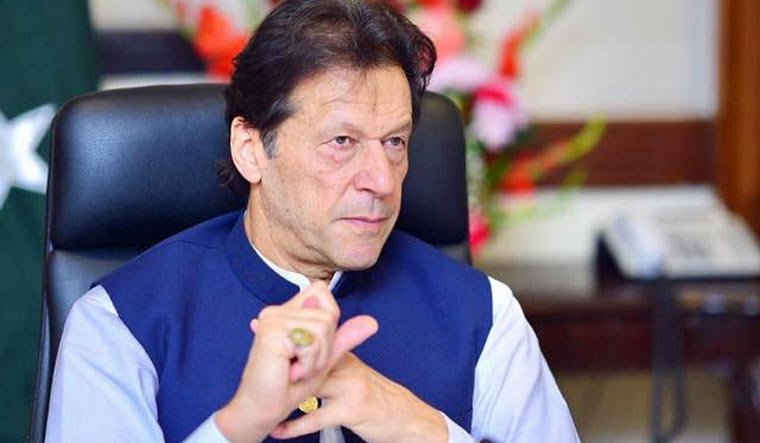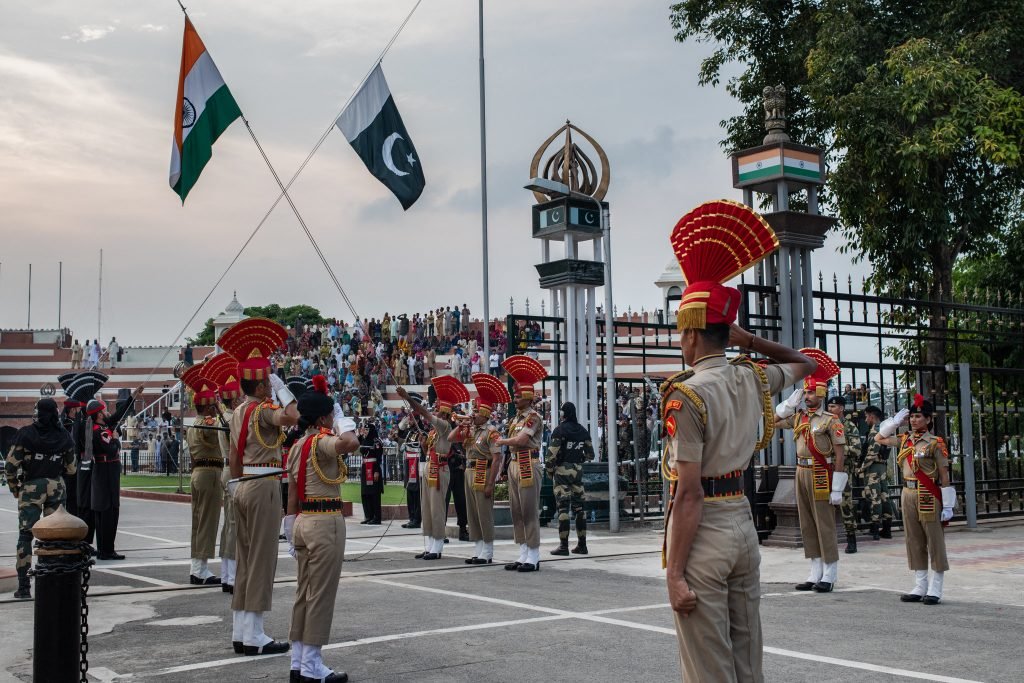Why Pakistan wants Sharia in Afghanistan and Secularism in India?

The resurrection of Taliban 2.0 saw several mainstream political actors of Pakistan breaking into a motion of joyous merriment. Several political factions around the Muslim world must have celebrated the departure of American forces from Afghanistan. Still, Pakistan is probably the only one who out rightly rejoiced on the occurrence, undeniably rubbing it on the face of the world. Weeks later, factions of Pakistan Taliban-TTP (Tehrik-I-Taliban) conducted multiple terror attacks killing several Pakistani soldiers in its western front. Perhaps it seems that the Pakistani establishment is unperturbed by it and deem such incidents as a small price to pay for the Islamization of Afghanistan, which the Pakistan Army was yearning for a long time. Pakistan’s International Relations discourse is the most riotous, for what it seems. Pakistan loves the Sharia system in Afghanistan, whilst it also laments India to keep up its Secularism standards on the pretext of minority rights violations of Indian Muslims. Interestingly, Pakistan despises both ideologies for its own political founding. Sharia is too regressive for Pakistan, while Secularism is too progressive for mainstream Pakistanis. Therefore the dissidence of Imran Khan’s rhetoric on “there is nothing called Radical Islam” stands at a dubious political underpinning.
Pakistan’s construction of National ideology, right from the genesis of its discourse creation, can be observed from its school curriculum. The scholastic discourse of Pakistan takes a lot of pride in the Mughal invasion of the Indian subcontinent. To make sense of the same, imagine a similar comparison of South Asian Christians taking pride in British imperialism with a sense of egotism, which would indeed be seen in the light of ignominy. Imagine South Asian Christians having a sense of superiority complex out of imperial subjugation, just because of the commonality of religious leanings with the British. This bizarrely justified notion that religious camaraderie brings more domestic conformity than ethnonational-cultural commonalities is an indication that Pakistan still mires with its existential foundations. Muslim League itself chose Political Islam as the very basis of the creation of Pakistan. Yet, most of Pakistan still deludes to differentiate between the Religious Philosophy of Islam and the Political ideologue of Islam. Muslim League during the pre-partition era vehemently tossed the same rhetoric, that Hindu nationalists were excessively discriminatory towards non-Hindu minorities. What seems perplexing is that there never existed a Muslim League version of other religious factions, i.e., there was nothing called a “Christian League” or a “Jewish League” to justify such victimized blaming.
In 1947, the literacy rate of India was 10%, and yet Indians understood the importance of secularism, both Hindus and Muslims. By 2014, when the Hindu nationalist party (BJP) came to power, the literacy rate stood at 70%. Even the most socially aware Indians got tired of passive brazing of its secular standards. Constant terrorist attacks from Pakistan, both in Jammu and Kashmir and mainland India tested the patience of a docile Congress rule in India. In 2014 mainstream Indians ran out of patience and finally gave in. Pakistan has to take implicit credit for bringing Narendra Modi, a Hindu hardliner, into India’s power-hub politics. Since his arrival, Modi’s tough stance against radical Islam has kept him in the populist tabs of Indian politics. Since his arrival, India has upped its strategic parlays, both on military and diplomatic fronts. This includes non-negotiable terms in easing diplomatic tensions between both nations. Until 2014, Pakistan enjoyed a double-ditch game tact, where it talked of peace with the Congress government and simultaneously sponsored dozens of terrorist attacks in India.

To this day, it bothers geopolitical observers of South Asia whilst observing the mainstream political discourse of Pakistan. It claims that RSS (Hindu Right Wing group) is the reason behind Indo-Pak tensions of the present age and not radical Islam. Yet again, the very ideology that killed 70,000 Pakistanis is deemed less of a danger by mainstream Pakistani politicians and the populace. This erroneous reasoning leaves a sad notion that Pakistan, seven decades later, is still struggling to hide its inferiority complex under its minority identity. Then it also explains why Pakistan takes pride in Mughal and other Islamic conquests of the subcontinent, since it provides a sense of false validation and offers a momentary relief to its sense of inferior complexity. This is why Pakistan adores “secular” India more than a socially aware India since it tends to expose its deep-lying fears of not being of comparable comparison to mainstream India in terms of standards of social evolution. At the present rate of social learning of Pakistan, perhaps it will probably realize around 2047 that Secularism is the way to be in modern times. That’s a whopping 100 years’ difference in social learning and is quite a gap, unfortunately.
Pakistan deliberating Indian minority’s problems as its own is highly problematic. Kashmir is already paying the price for It. In 1947 Kashmir struggle was seen as a “justified” political movement by the world. Pakistan’s insurgent movement has costed Kashmir’s mainstream goals and now is seen as just a deliberate attempt to establish an “Islamic caliphate” like system. A local dissent movement that might genuinely involve repression of minorities, its worst nightmare is Pakistan picking up on it and selling it as collective political rhetoric. In no time, the discourse will be sold as Pakistan sponsored event, absolutely destroying the agendas and motivations of the political movement. On several occasions, Indian Muslim leaders have wholeheartedly requested Pakistan to keep off from the Indian minority’s concerns because it will derail the actual motivations of the movement. Indian media will spare no resources to pounce on it and make it even worse than it would have been previously. It is not out of hate or political differences that Indian Muslims keep at bay from seeking Pakistan’s help, but out of genuine concern of a political discourse being diluted with Pakistan’s name attached to it. “Pakistan” is a political label more than it being a nation-state in the world of political discourse. Unless there is a collective reformation of intellectual standards in Pakistan, the widening gap between “two mindsets” of progressive and regressive norms will continue to burn any previously established political bridges between the two nations. Political Islam is the Berlin Wall between the two countries, and deliberate victimization using religious identity will continue to bear its acrid fruits in the region.


















